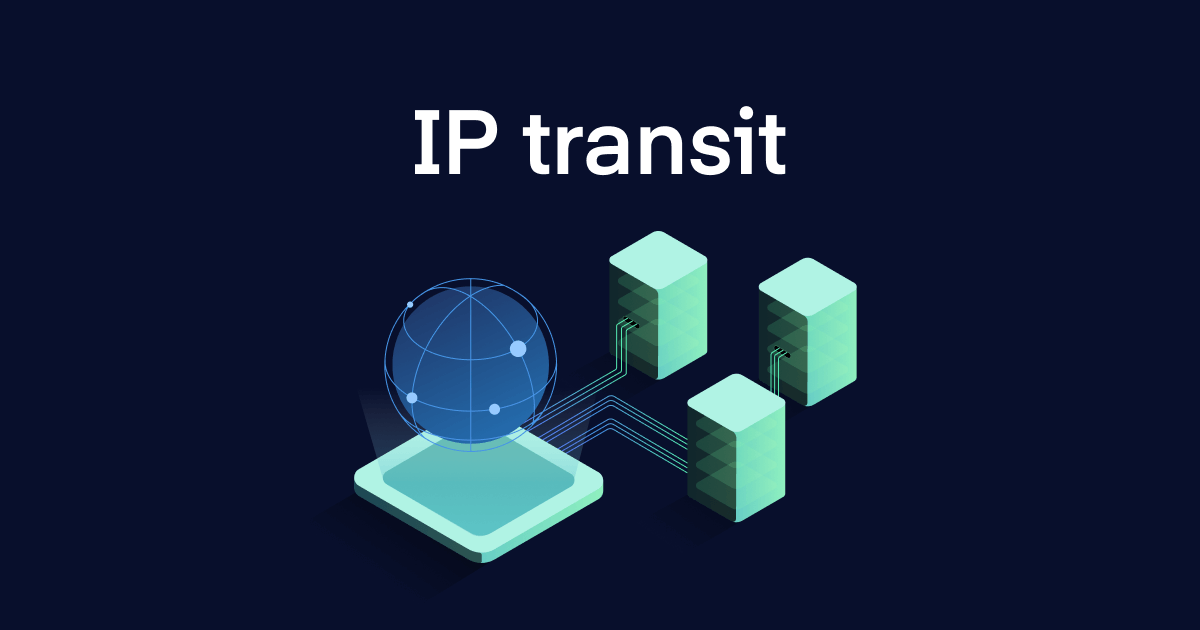In the ever-changing world of connectivity via the internet, businesses big and small depend on IP transit to provide uninterrupted access to the digital world. From accessing cloud services to powering online shopping platforms, IP transit acts as the basis of modern communications networks. We will look at the fundamentals of IP transport as well as the features and roles of IP providers.
IP transit, often referred to as internet transit, is the service of allowing network traffic to cross or “transit” a network, enabling users to connect to the wider internet. This connection is made possible by IP transit providers, businesses that own and operate the infrastructure necessary to transmit data packets between networks. These providers are crucial in ensuring that internet connectivity remains safe and effective for users and businesses.

There are many IP transit options for businesses. Some providers provide basic services for internet access, without customizations or extra features. Some offer more sophisticated services, such as managed IP transit, which comes with additional monitoring, support, as well as security options. The selection of a service is based on the needs and demands of the company.
One of the key factors to consider for companies when choosing an IP transit provider is pricing. The cost of IP transit varies substantially based upon factors such as bandwidth requirements, geographic location, and service level agreements. It is important for businesses to comprehend the different pricing models and cost structure provided by service providers to make informed decisions and gain the best value from their investment.
Beyond pricing companies should also take into consideration the performance and reliability of the IP provider. Carrier-grade networks, that have backbone connectivity of either 100G or 400G, will provide the capacity and reliability to provide mission-critical applications and services. End-to-end automation improves efficiency and ensures users have a seamless experience.
IP-Access is a customisable and flexible solution for businesses who are seeking to simplify their networking connectivity. This solution for connectivity is perfect for companies that have older installations or certain requirements. Businesses can customize their connectivity by using features such as IPv4/31 and IPv6/127. standard transfer networks.
IP-Access, in relation to the internet, comes with the basic DDoS (Distributed Denial of Service) protection against attacks that are volumetric. This provides an additional layer of protection for the networks of businesses. This helps protect against downtime and potential loss of profits due to cyber attacks.
Inter.link Portal is a simple and convenient way for businesses of any size to access IP Transit service. Businesses can implement IP Transit in only a few minutes using a few clicks. They choose their preferred location, bandwidth requirements as well as the speed of port connections and contract length. This simplifies the process and saves time as well as resources. The business can then concentrate on their core business.
In the end, IP transit plays a essential role in the power of the modern internet and enabling companies to connect with the rest of the world. Companies can make better decisions by understanding IP transit fundamentals, IP transit providers’ functions, the services they offer and prices. IP transit is essential for modern communication networks. It is used to connect cloud services, power e-commerce platforms or connect offices located in remote locations.